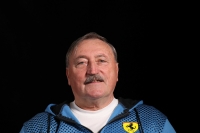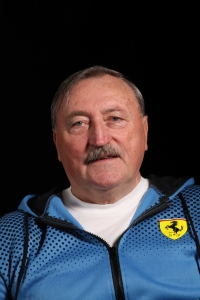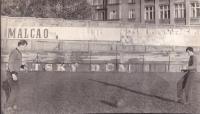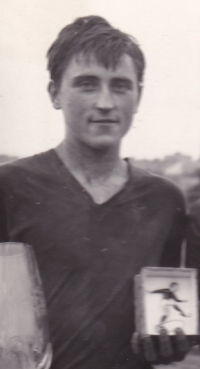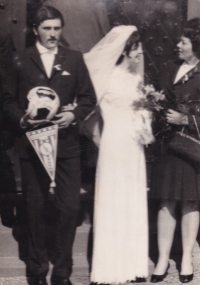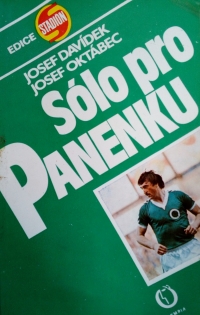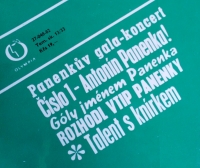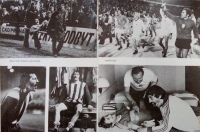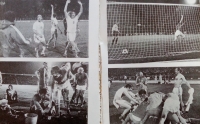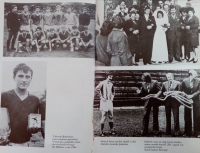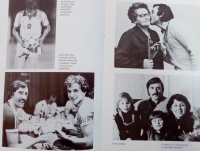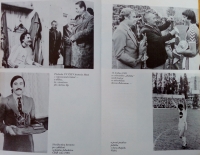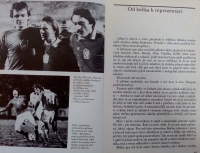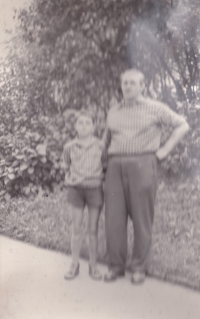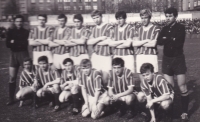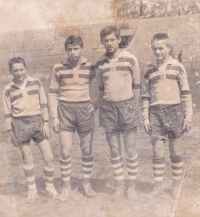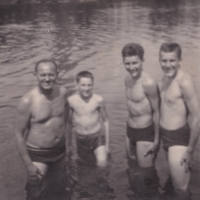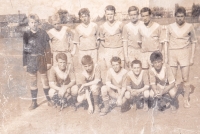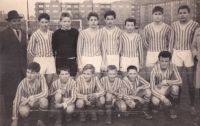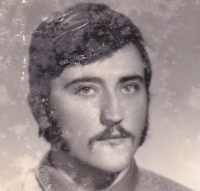He rejected emigration to Austria. He didn‘t play marbles there with anyone

Stáhnout obrázek
Antonín Panenka was born on December 2, 1948 in Prague to Antonia and Bohumil Panenka. He had two older brothers and an older sister. He came from a working-class family that lived in an apartment building in Vinohrady in Prague. Antonín was led to football by his father, a former motorcycle racer. Antonín started playing for Bohemians pupils (at that time the team had the official name TJ Spartak Prague Stalingrad) in 1958. After primary school he trained as a lathe operator at ČKD Prague. In August 1968, he took part in a demonstration against the Soviet occupiers in Náměstí Míru. Its participants were pushed by soldiers with tanks into the church of St. Ludmila, where they checked Antonín‘s hands if they are dirty from throwing cobblestones or not. He had them clean, so the soldiers let him go. In the 1968/69 season, he made his mark in the Bohemians first-league team. He suffered severe eye injuries in January 1972 and was not allowed to play football for six months after a difficult operation. In 1973, the coach Václav Ježek nominated him for the national team. His premiere took place in the autumn of the same year in a qualifying match for the World Cup in Scotland. In 1976, as a member of the Czechoslovak basic eleven, he won the title of European champion. In the final match with Germany, he scored a goal in the decisive penalty by a so-called Panenka kick - a slow arc into the middle of the goal. He won a bronze medal with the Czechoslovak Socialist Republic team at the European Championships in Italy in 1980. In 1981, he transferred from Bohemians to Rapid Vienna, with which he won the Austrian League twice and once the Austrian Cup in four and a half years. He lived in Vienna with his wife and two children. The Czechoslovak embassy forbade his son to join an Austrian kindergarten so that he would not be able to experience the capitalist ideology. During the crossing of the border with Austria, Czechoslovak customs officers repeatedly humiliated him, once stripped him naked during the inspection. In Austria he played in lower competitions until 1994. In the Czech Republic he did business in a confectionery and a wine bar. He worked as an assistant coach at Bohemians and served as honorary president at the club. For his football skills he received the state award for merits for construction in 1976 and in 2008 the medal for merits of the 1st degree. In 2020, he suffered from a covid disease, spent eight days in hospital and recovered. In 2021 he lived in Nespeky near Benešov.
